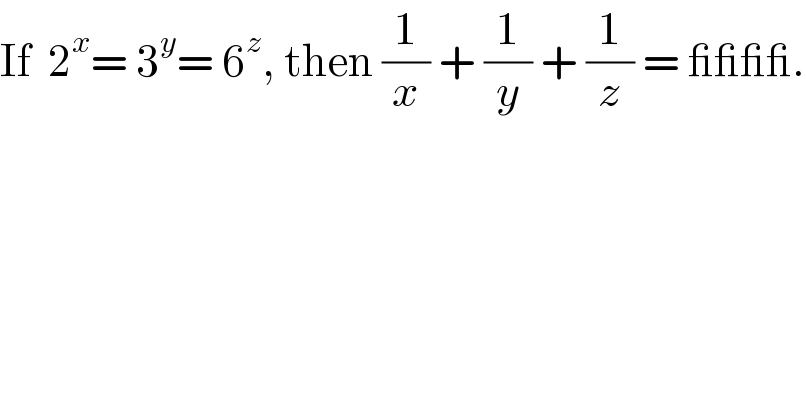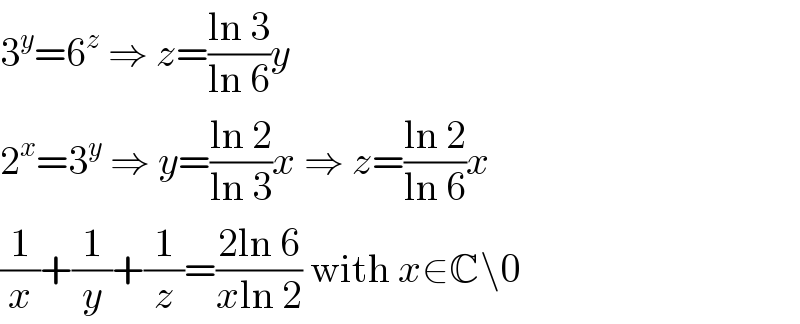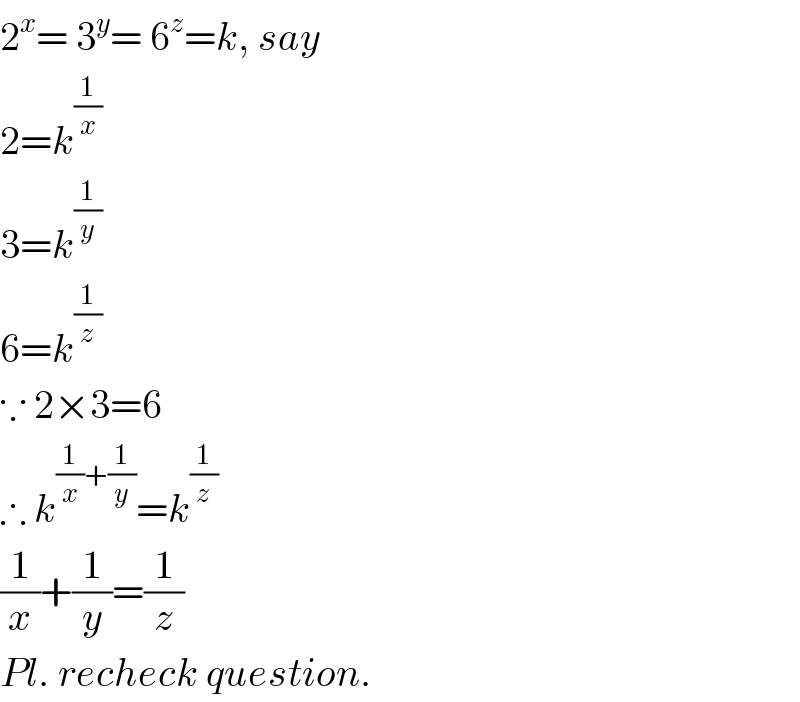
Question and Answers Forum
Question Number 62591 by hovea cw last updated on 23/Jun/19

Commented by mr W last updated on 23/Jun/19

Answered by MJS last updated on 23/Jun/19

Answered by $@ty@m last updated on 23/Jun/19

Commented by Tony Lin last updated on 23/Jun/19

